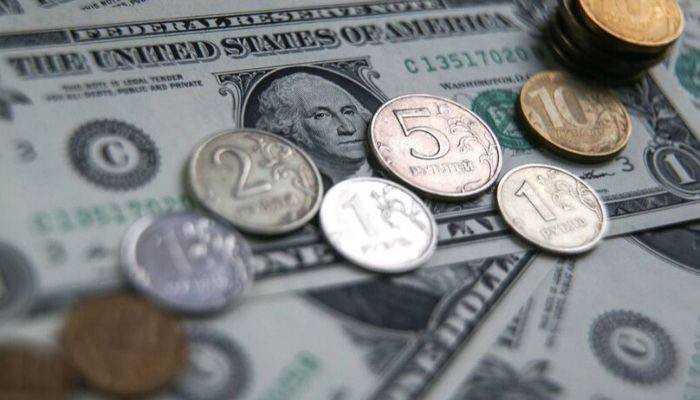World economy faces $5 trillion hit that is like losing Japan. #Bloomberg
 1507 Thursday, 09 April, 2020, 14:50 The coronavirus pandemic is set to rob the global economy of more than $5 trillion of growth over the next two years, greater than the annual output of Japan. That’s the warning from Wall Street banks as the world plunges into its deepest peacetime recession since the 1930s, after the virus forced governments to demand that businesses close and people stay home. Although the downturn is predicted to be short-lived, it’ll take time for economies to make up the lost ground. Even with unprecedented levels of monetary and fiscal stimulus, gross domestic product is unlikely to return to its pre-crisis trend until at least 2022. That’s a similar timescale to the aftermath of the global financial crisis just over a decade ago, though the recovery could yet prove even more sluggish than economists are predicting. “Trajectory matters a whole lot,” said Catherine Mann, chief economist of Citigroup Inc., which expects a global hit of around $5 trillion. “If your trajectory is positive, that is supportive of business confidence and supportive of individuals feeling they can go get a job. That’s a critical ingredient going into the second half of the year and 2021.” JPMorgan Chase & Co. economists put the lost output at $5.5 trillion or almost 8% of GDP through the end of next year. The cost to developed economies alone will be similar to those witnessed in the recessions of 2008-2009 and 1974-1975. Morgan Stanley says that despite an aggressive policy response, it’ll be the third quarter of 2021 before GDP in developed markets returns to pre-virus levels. Deutsche Bank AG says the “lingering cost and scarring effect” will leave the U.S. and European Union economies alone $1 trillion below pre-virus expectations by the end of 2021. |

EU extends sanctions against Russia until February 24, 2027
539Yesterday, 17:30
Trump ends some tariffs, imposes new 10% global one
113821.02.2026, 12:12
Washington, Tehran may discuss US access to Iran’s mineral resources
206417.02.2026, 11:20
Trump’s New World Order Is Pushing Sweden to Warm Up to the Euro
252216.02.2026, 20:24
Trump says Board of Peace members pledged over $5B for Gaza
247915.02.2026, 21:39
EU plans crypto ban for Russia, FT reports
327911.02.2026, 00:48
US Treasury Secretary says US sanctions crushed Iran’s economy and sparked protests (video)
412106.02.2026, 10:43
Elon Musk just became the first person ever worth $800 billion after SpaceX acquired xAI
407804.02.2026, 18:30
